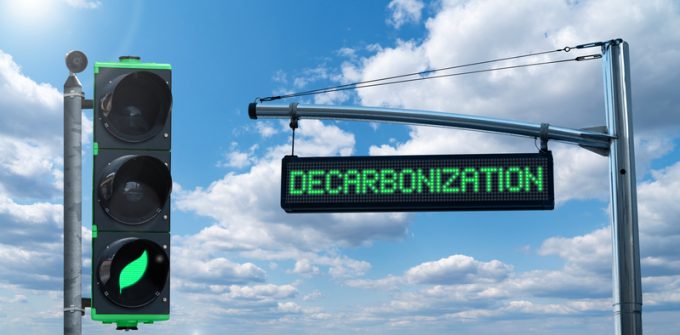Red Sea crisis forces Maersk to increase capacity over strategy limit
Maersk Line appears to have temporarily abandoned its strategy of maintaining capacity at no more ...

The climate change debate in the shipping industry is hotting up, reflecting the change of atmosphere which has seen many shipowners, previously opposed to rapid decarbonisation measures, suddenly turn as pressure increases.
Government pressure as well as major companies, consumers and concerned citizens has placed shipping and its operations into the consciousness of ordinary folk. The Ever Given was a major contributor to this fact, although there was no major environmental impact from the accident which blocked the Suez Canal for ...
Transpacific sees first major MSC blanks as rates fall and volumes falter
'It’s healthy competition' Maersk tells forwarders bidding for same business
Opposition builds for final hearing on US plan to tax Chinese box ship calls
White House confirms automotive tariffs – 'a disaster for the industry'
New price hikes may slow ocean spot rate slide – but for how long?
Supply chain delays expected after earthquake hits Myanmar
Good start for Gemini, liner schedule reliability data reveals

Comment on this article
Sasha Fierce
June 09, 2022 at 12:00 pmZero emission talks have been around for a while. Back in 2013, EU even released a 3-step strategy towards reducing GHG emissions produced by the shipping industry. It ended up with additional inspection paperwork for transportation companies but had no actual impact on how things are done.
Armin Ernst
January 18, 2025 at 9:01 amWhile it’s true that earlier strategies like the EU’s 2013 initiative added administrative layers without significant impact, the current momentum toward decarbonization feels different. With initiatives such as the EU ETS and commitments from major players like Maersk and CMA CGM, we’re seeing a shift from just paperwork to actionable change. Tools like digital checklists now play a crucial role in ensuring compliance and monitoring progress, helping organizations move beyond bureaucracy to real implementation. The focus is now on scalable solutions, including alternative fuels and zero-emission vessels, making the transition more about practical action than intention.